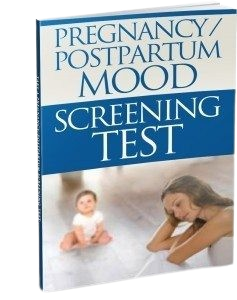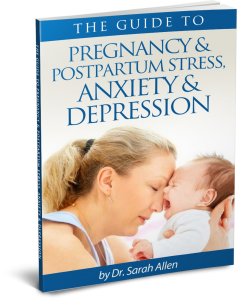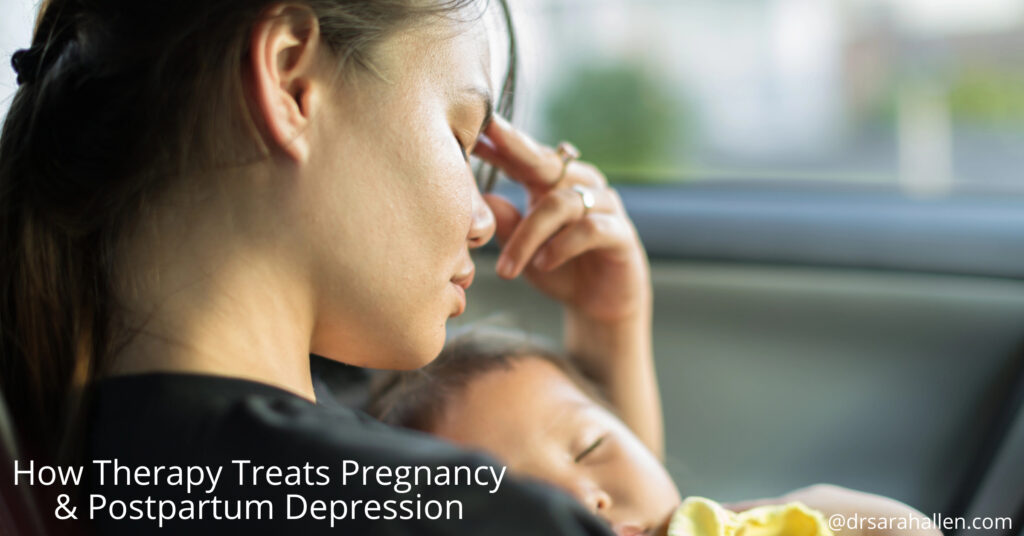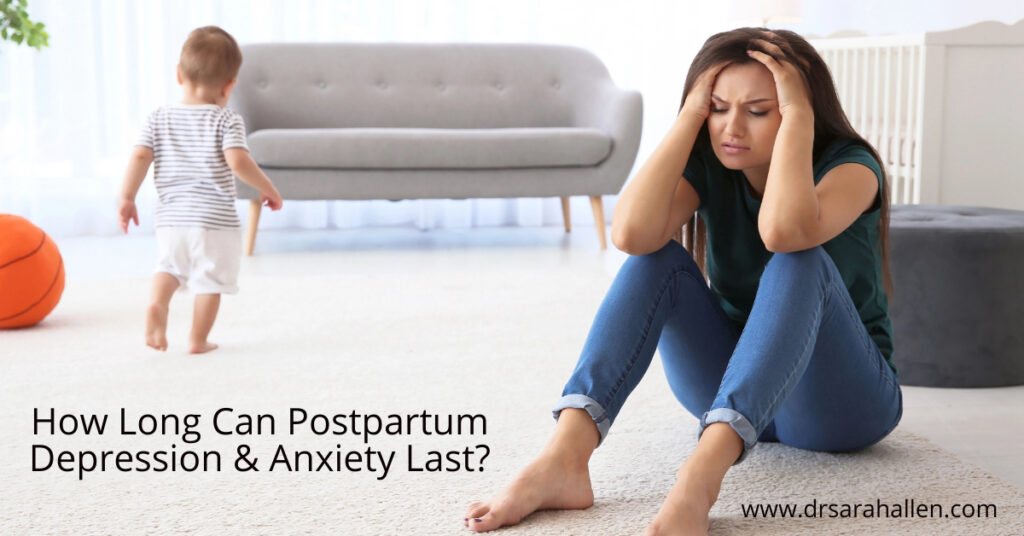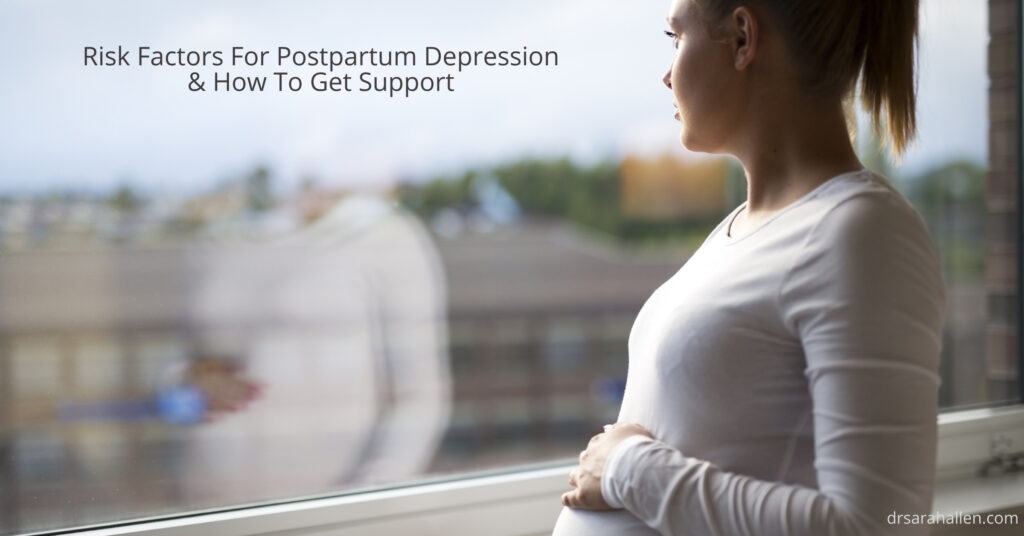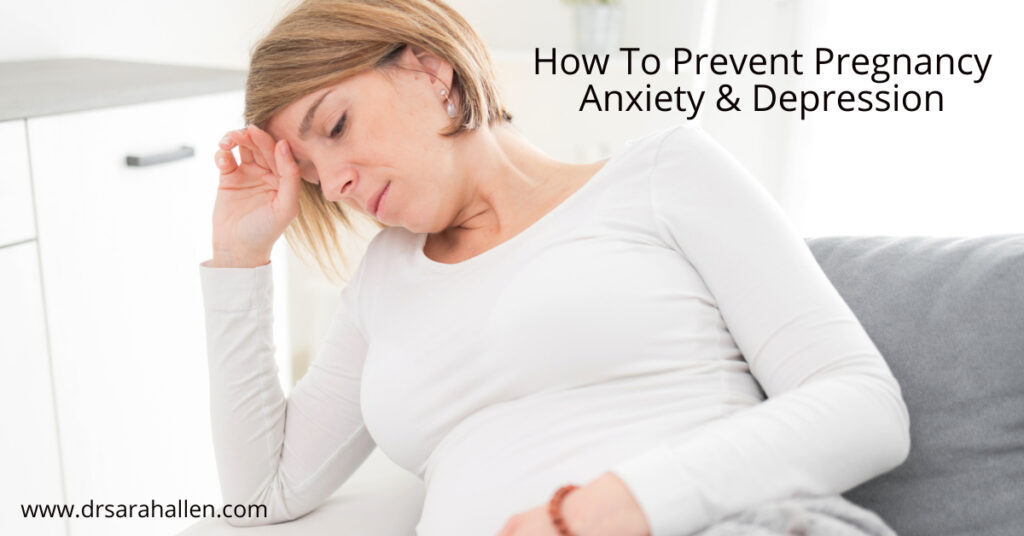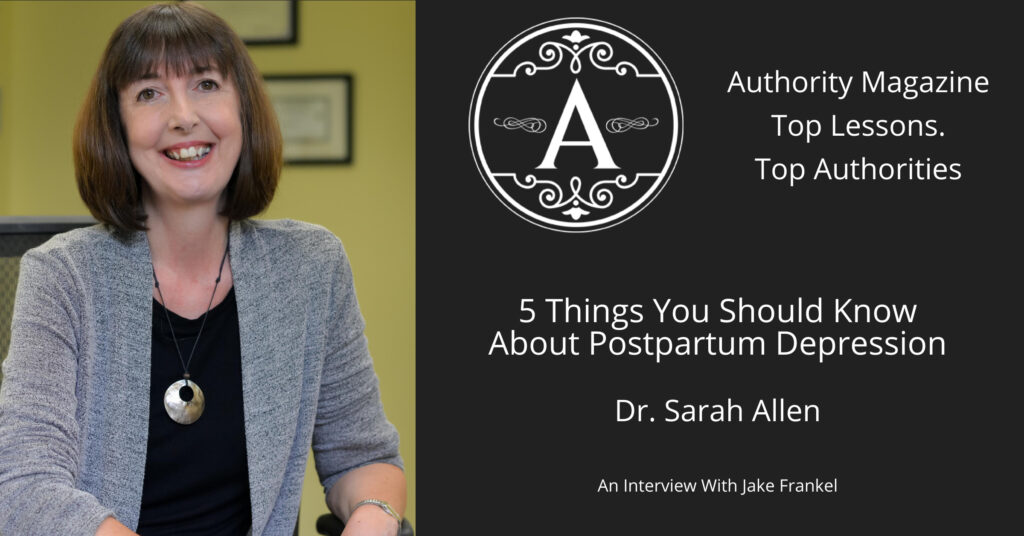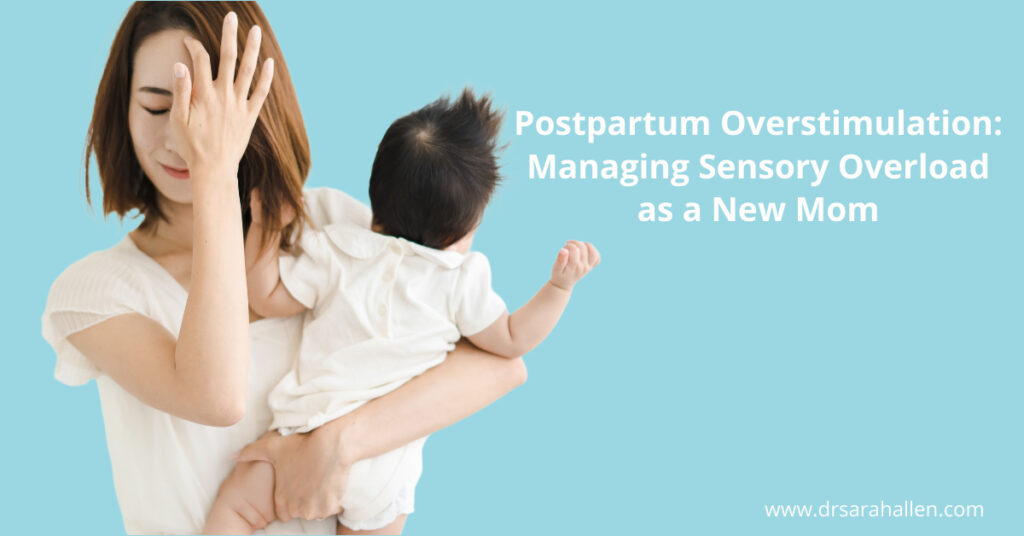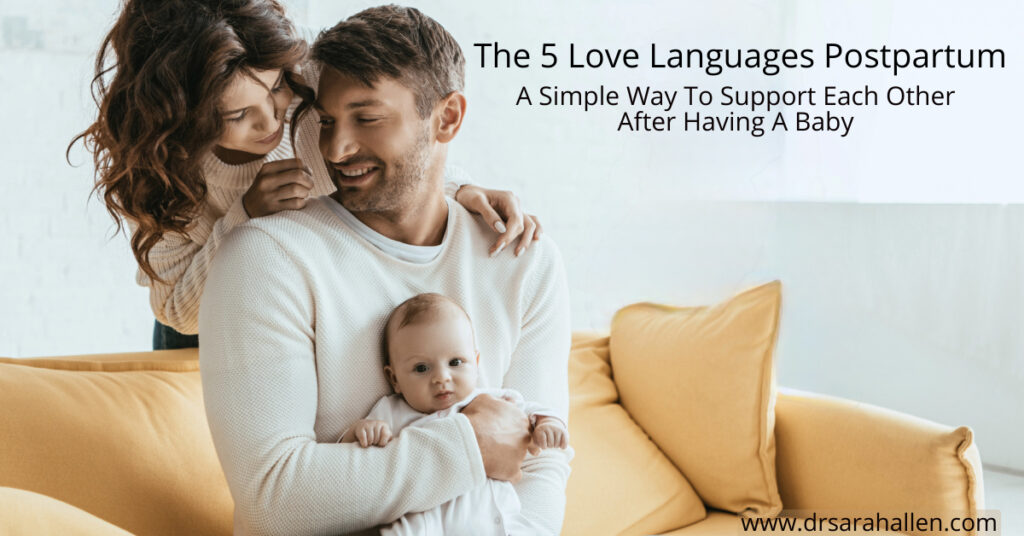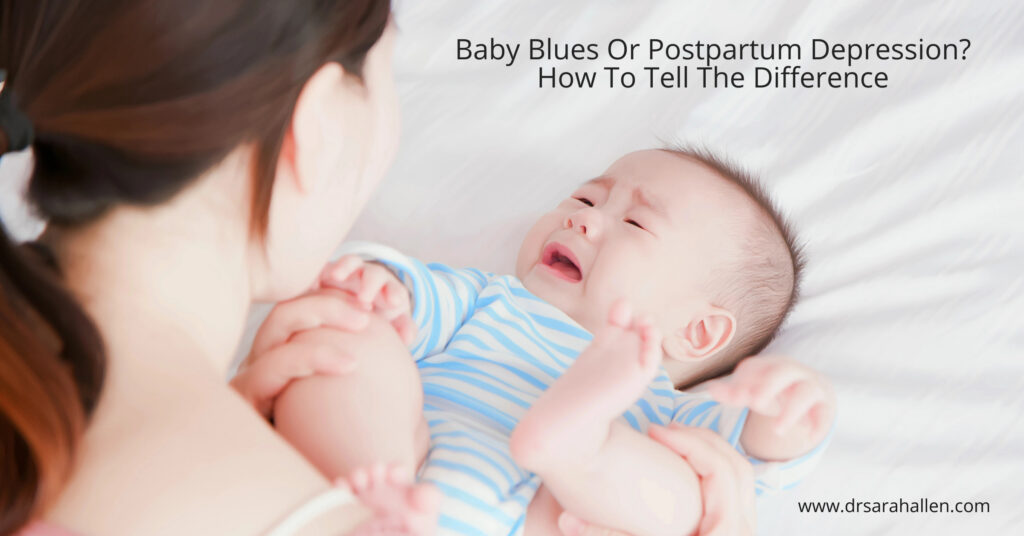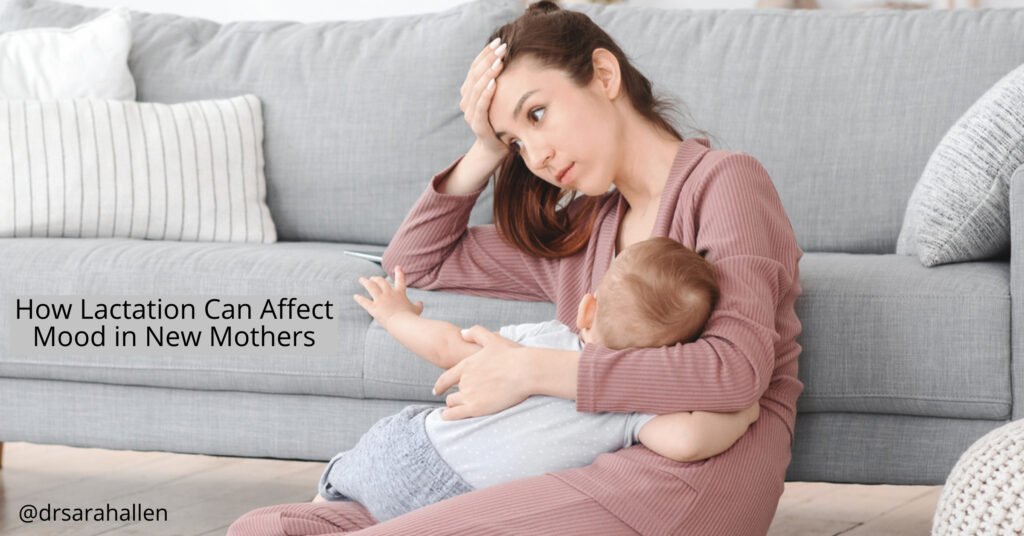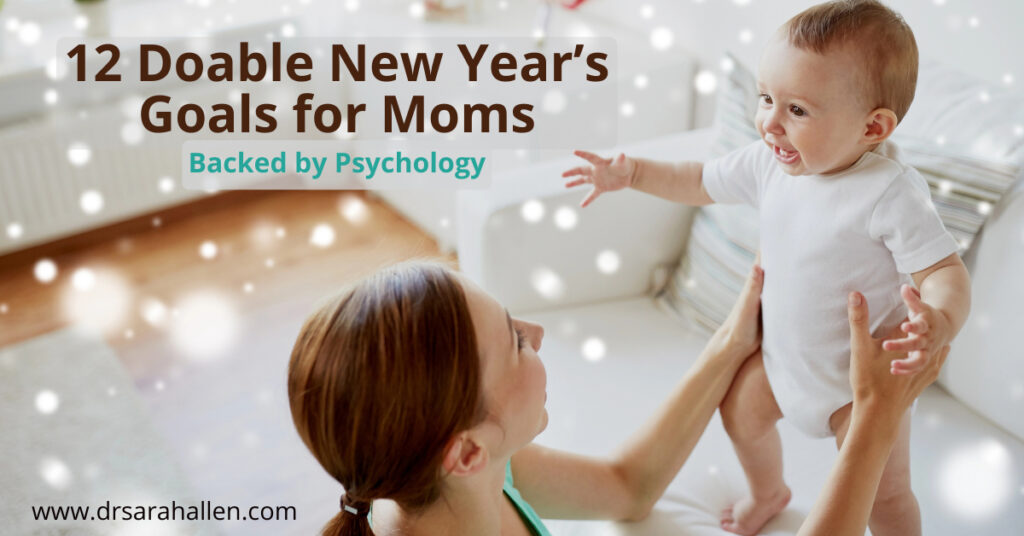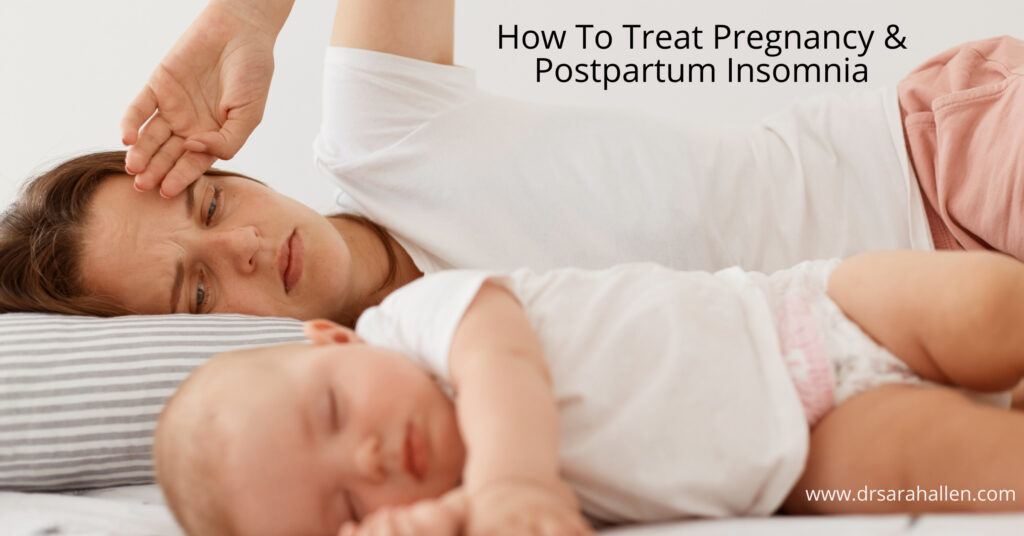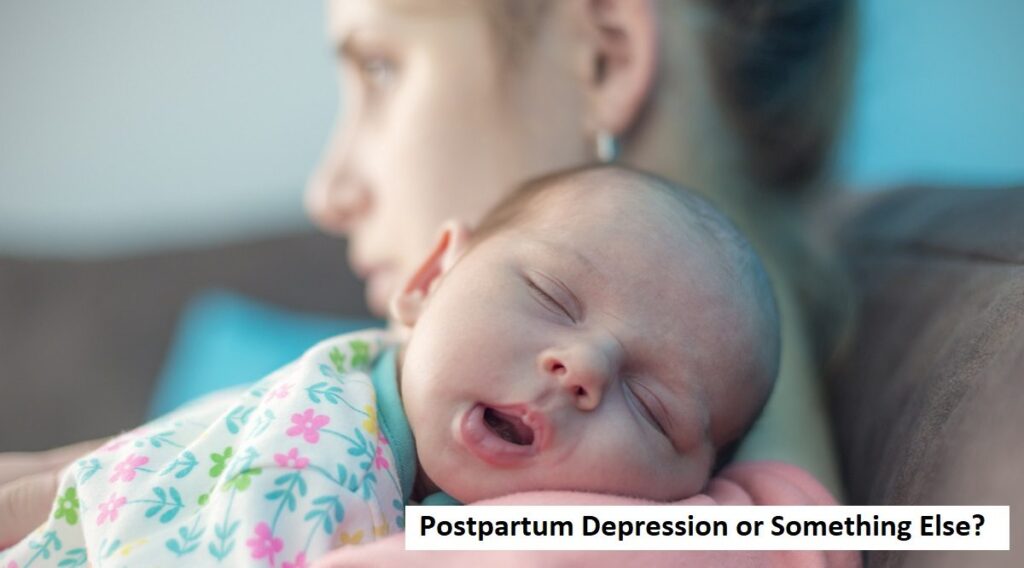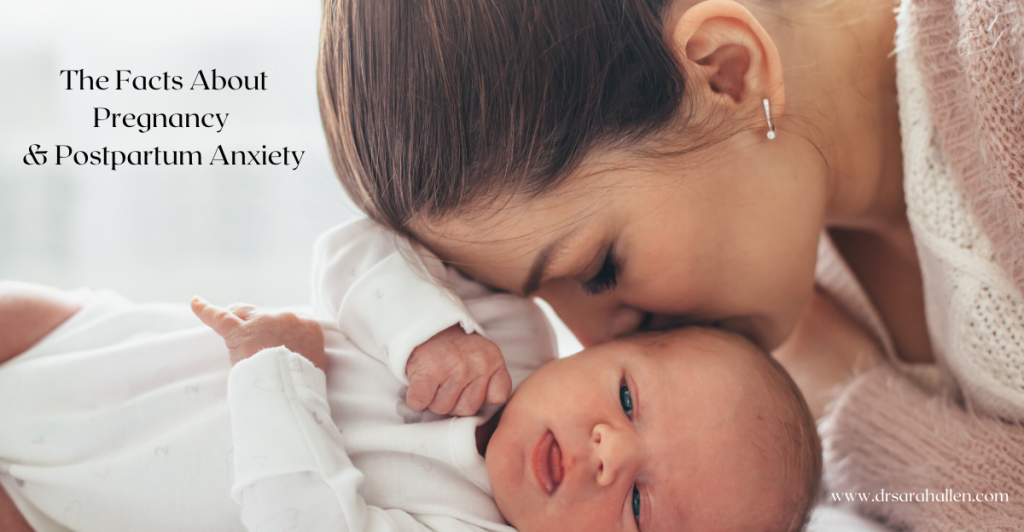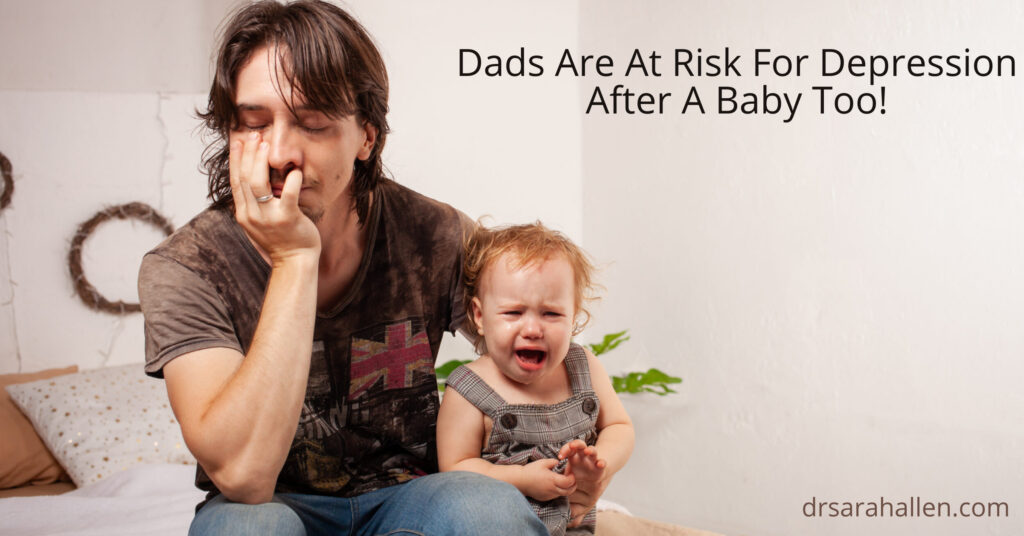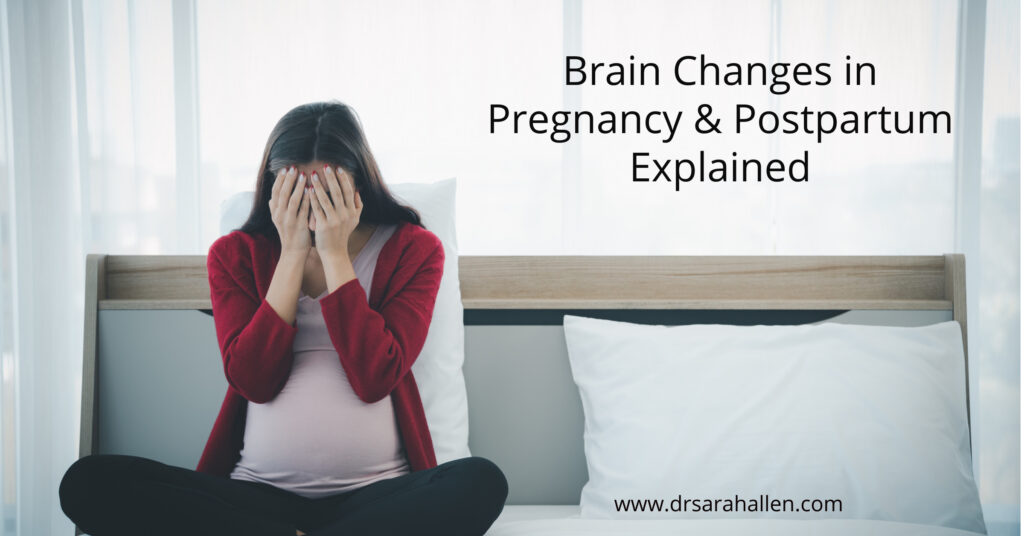
Pregnancy and the transition to motherhood are times of profound change, not just physically but also emotionally. Many of us are familiar with the term “baby brain,” a light-hearted reference often used to describe the forgetfulness experienced by pregnant women. However, the changes happening in the brain during pregnancy and the postpartum period are complex and important when preparing for motherhood.
These changes are pretty fascinating. They help in strengthening the emotional connection between a mother and her baby, enhancing protective instincts, and even adjusting the mother’s ability to respond to her baby’s needs. The brain undergoes significant remodeling during this time to support these functions. Understanding these changes can provide valuable insight into the natural progression of becoming a mother and the challenges that can accompany this transformation, especially concerning mental health.
I hear pregnant women frequently talk about feeling angry, experiencing mood swings and tearfulness so I wanted to explore the nuances of how the brain manipulates and evolves during pregnancy and postpartum so we can gain a deeper appreciation of the natural preparation that equips mothers to care for their baby. This awareness can hopefully empower mothers and families to better support one another and recognize when to seek help if what you are experiencing goes beyond typical changes.
Understanding Brain Changes During Pregnancy
An important study by Hoekzema and her team in 2016 Nature & Neuroscience, conducting brain scans on women attempting to get pregnant for the first time. They scanned 25 women who succeeded in becoming pregnant and reexamined them shortly after they gave birth. Eleven of these women were scanned again two years later. To paint a fuller picture, the researchers also scanned men and women not trying to conceive, along with first-time fathers. During the postpartum period, they examined the new mothers’ brains while they gazed at photos of their babies, applying a standard scale to measure the mother-infant bond.
What they discovered was very important: new mothers experienced a reduction in gray matter that lasted at least two years after childbirth. But don’t worry, it sounds concerning but they found that losing grey matter isn’t a bad thing. The regions affected are involved in social thinking, particularly the parts that help us grasp what others are thinking. These brain areas lit up when mothers looked at their babies’ photos, and these changes could predict how the mothers scored on the attachment scale. Using these gray matter patterns, researchers even employed a computer algorithm to identify new mothers. Notably, this gray matter loss was absent in new fathers and non-parents. These results carry significant implications for new mothers. Alterations in brain structure may assist them in adapting to their new role and fostering a strong connection with their babies. This might explain in part why some mothers experience heightened empathy and emotional sensitivity during the postpartum period. Such brain function shifts can make it easier for mothers to understand and respond to their baby’s needs, making the early days of motherhood a unique and precious experience.
This remodeling in the brain seems crucial for attachment, enabling a mother to become more attuned to her baby’s emotional states. Improved recognition of the infant’s needs and heightened responsiveness also lowers the stress both for the baby and the mother. So although feeling emotional, tearful or easily frustrated doesn’t necessarily feel good and these changes might occasionally result in some forgetfulness or what many call “mommy brain,” they reflect the brain’s natural reorganization towards ensuring a secure and nurturing environment for the new arrival.
How Hormones Influence Brain Function
Hormonal changes during pregnancy also play an essential role in reshaping the brain. Hormones like estrogen, progesterone, and oxytocin are not just involved in the physical aspects of pregnancy but also influence mood, emotions, and cognition. For instance, oxytocin, often referred to as the “love hormone,” increases during pregnancy and peaks around childbirth. This rise in oxytocin enhances bonding behaviors and feelings of love and attachment towards the baby.
Estrogen and progesterone also have significant impacts. While estrogen boosts neurotransmitter activity and improves mood, progesterone has a calming effect, which can help manage stress levels. However, the dramatic fluctuations in these hormones can also make pregnant women more susceptible to anxiety and mood swings. Understanding these hormonal influences helps us appreciate why emotional support and making stress management a priority are critical during pregnancy, as they contribute significantly to both the mother’s and baby’s well-being.
Brain Adaptations During Postpartum
The postpartum period brings its own set of brain adaptations that are vital for adjusting to the demands of motherhood. After delivery, the rapid drop in hormone levels, particularly estrogen and progesterone, can result in what many refer to as the “baby blues”. This is a temporary state characterized by mood swings and emotional sensitivity, which, in the majority of cases, resolves as hormone levels stabilize. Additionally, the brain continues to prioritize regions involved in empathy, vigilance, and decision-making, ensuring that the mother remains responsive to her baby’s needs.
During these initial months, the brain’s ability to learn and adapt is high, facilitating the acquisition of new parenting skills. This neural plasticity is crucial in helping a new mother navigate the complexities of caring for an infant. The increased activation of the brain’s reward centers when interacting with their child also fortifies the emotional bond, helping to offset the fatigue and challenges posed by frequent caregiving.
Managing Mental Health with Brain Changes in Mind
Understanding the profound brain changes during pregnancy and the postpartum period can be empowering and reassuring for new mothers facing emotional health challenges. Recognizing what is part of a normal adjustment vs. what might be a sign of more serious issues like pregnancy or postpartum depression or anxiety is very important. It’s crucial to monitor these changes closely and seek help if feelings of sadness or anxiety become overwhelming and persistent rather than episodic.
If you are concerned about whether you are experiencing anxiety and/or depression please reach out for more information as it is good to have professional support as early on as possible. You don’t have to go through this alone and treatment is very effective. Regular check-ups with your OB/GYN can also assist in assessing mental health and proactively adjusting care plans. I am always willing to work with your OB/GYN so you have a team helping you.
Additionally, maintaining a supportive environment at home and in the workplace can significantly help manage stress and enhance overall wellness during this transformative phase. Therapy can improve your relationships by enhancing communication and understanding. If you would like to bring your partner to sessions to work communication and support, it can strengthen your connections and provide a solid foundation for parenting.
Whether you’re expecting a baby or have recently welcomed a little one into the world, it’s an exciting—and sometimes overwhelming—journey. One aspect that often gets overlooked is how pregnancy and postpartum can change your brain. In this article I have discussed how normal pregnancy and postpartum brain changes, which include shifts in hormone levels, brain structure, and function, occur to prepare you for motherhood and can affect your mood and emotions. I am hoping that this article makes you feel better informed and helps prepare you for changes so you feel more empowered. It is also helpful to share this article with your partner or family members and I have included other articles below that I have written especially for partners. I have also included articles below about pregnancy and postpartum mood disorders such as anxiety, depression, OCD and anger so you can see if what you are currently experiencing is outside of typical physical changes. I hope you find them helpful.

Dr. Sarah Allen has 25+ years of experience in private practice helping women to transition to being the mom they want to be. She is the Founding Director of the statewide non-profit Postpartum Depression Alliance of IL. She also specializes in pregnancy loss & infertility & has published research on postpartum depression and traumatic childbirth.
If you would like to work with Sarah, please phone her at 847 791-7722 or on the form below.
If you would like to read more about me and my areas of specialty, please visit Dr. Sarah Allen Bio. Dr. Allen’s professional license only allows her to work with clients who live in IL, FL & the UK and unfortunately does not allow her to give personalized advice via email to people who are not her clients.
Dr. Allen sees clients in person in her Northbrook, IL office or remotely via video or phone.

What Can I Read That Helps Me While I Am Waiting For My First Appointment With Sarah?
If you feel that you may be experiencing pregnancy or postpartum mood disorder, or worry that you may be at risk of developing it, please download my free booklets below.
See each specific webpage to download one or many.
